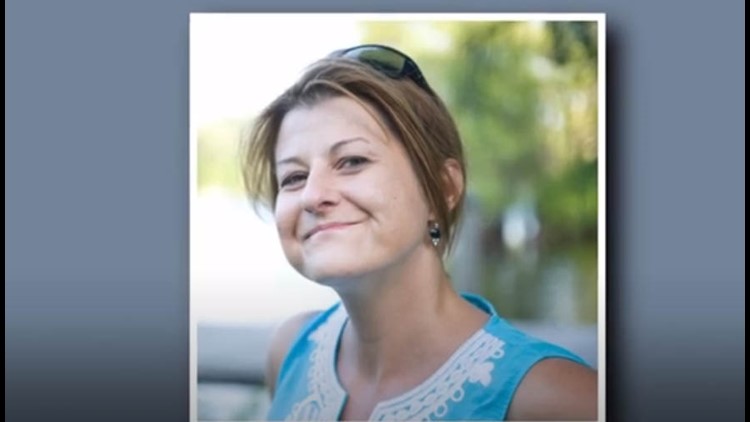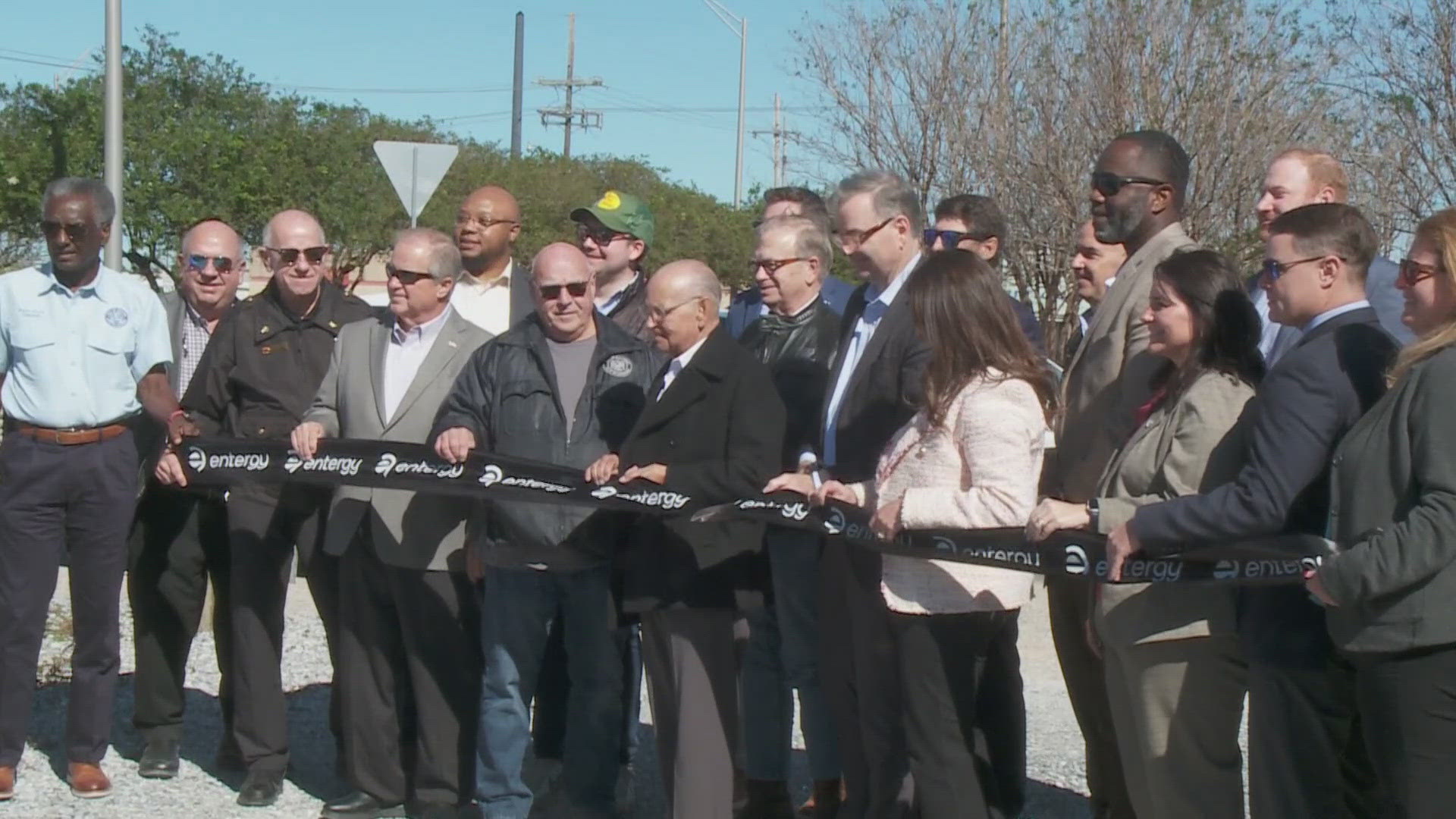NEW ORLEANS — Angela Covey hit her lowest point in February.
“I lost my job. It was Christmas time. It was New Year's. My kids were gone. We didn't have any money and our landlord didn't give us notice until a month after he had already filed paperwork,” she said.
As a former sergeant in the Marine Corps, Covey is tough, but tears come to her eyes as she thinks about falling into homelessness.
“To be honest with you, there was a point where I wish I could have killed myself,” she said. “I wish I could have. I don't have it in me. You know, I just couldn't get to the point where I could leave anybody. I couldn't do that. But there are people who do.”
A former human resources manager, Covey knew she and her husband needed help. She went to the VA and met with a caseworker from the Hope Center, a nonprofit service ministry for veterans.
They were able to augment her usual VA benefits with money for rent at a house in Springfield, La. She said she and her husband were lucky to find an understanding landlord.
“I told him straight-up that I had post-traumatic stress disorder and this is what happened. And he said, we can do this,” she said.
The Hope Center helped her emerge from a self-destructive spiral. This time, her tears come with thanks and relief.
“They got me to that point that I could actually have a home again,” she said. “And that was really the key, is that you can't do anything. You can't even think about what you used to be if you don't have a home and you don't have food.”
The Hope Center, Volunteers of America of Greater New Orleans and Start Corp. received a combined $4.7 million this year from the U.S. Department of Veterans Affairs’ Supportive Services for Veteran Families grant program. Those nonprofits have received money each year since the SSVF program began in 2011 to assist low-income veterans avoid or escape homelessness.
In March, those three nonprofits received a combined $2.5 million from the federal CARES Act, specifically to help veterans pay their rent and utilities during the coronavirus shutdown.
Hope Center founder and executive director Cheryl Magee says none of the nonprofit’s 210 clients have tested positive for COVID-19, but the shutdown is having a major impact on them. The influx of federal money means her team can take on new clients. It has already added 52 clients under the CARES Act funding and has resources for more.
She encouraged veterans in need, or anyone who knows one, to call the center at (504) 363-4034 or reach out by email at VetHelp@hopecenterLA.org. She also said the community can help if they see a someone asking for money and identifying as a veteran.
“You don't have to try to engage,” she said. “Know that we are here to help veterans. So, if you see someone on a corner, tell us where they are. We will go out and make sure that they are getting assistance.”
Magee said the Hope Center has access to military records so they can confirm veteran status, even if the veteran doesn’t have his or her papers.
“Some of them have suffered trauma due to their military service,” Magee said. “And so, there are some who need more than just housing. They need care, mental health care, as well as (for) the physical ailments that they have. And they need support in navigating the systems.”
The Hope Center has also joined with the city of New Orleans and UNITY of Greater New Orleans in March to get 30 homeless veterans out of street camps where they would be susceptible to the coronavirus and into hotels. Magee said they’ve worked with Hilton, InTown Suites, Quality Inn and Holiday Inn Express to temporarily house the homeless veterans through Sept. 30, and they plan to move them into more permanent units after that.
CORRECTION: An earlier version of this story erroneously referred to Angela Covey as a "retired Marine." A Marine generally must serve 30 years on active duty to retire. Covey served on active duty in the early 1990s, was honorably discharged and then served as a reservist.



